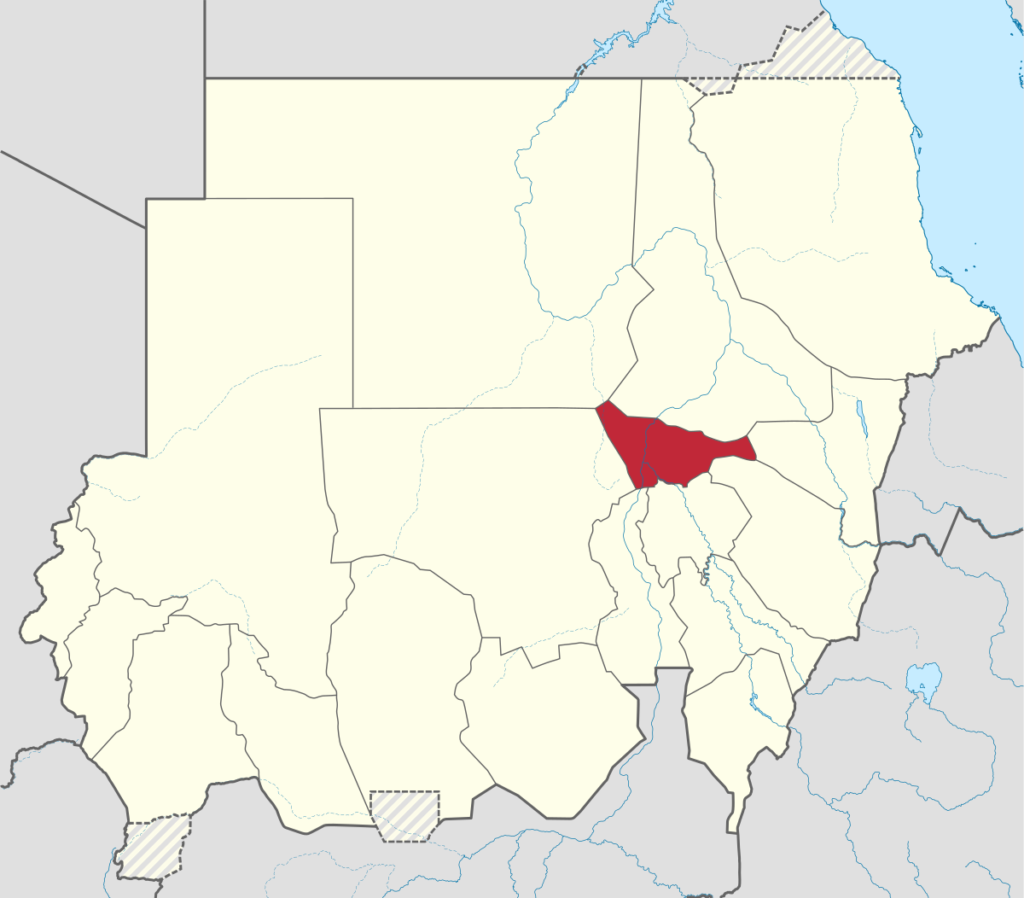A Glimpse At The Current Situation in One Of Khartoum Towns

As November remarked a slightly more calm month in Al Jereif Gharb – Khartoum since the war outbreak in April, some of our team members spot an opportunity, took the streets of Al Jereif and met with local residents in various neighborhoods in an attempt to listen and understand the accumulated obstacles facing this community.
It was astonishing to spot many social differences in one town and how residents are coping differently with the new provided war situation, even though the main issues of security, food, medicine and income generating sources are faced by all segments of this community.
At the top of our observations as well as information shared by residents, were:
-
- population size within each block varies significantly from one to another, some are highly populated with only few households travelling out of state, some are experiencing an increased number of residents fleeing Khartoum, where other areas are completely uninhabited at this point. The number of occupied neighbouring households are to a great deal affecting individuals sense of security
-
- Al Jereif is hosting a number of families that flee from other areas
-
- Many families are returning back to their homes in Al Jereif due to the high cost of living in other states
-
- There is a movement carried by few local organizations in the area providing humanitarian kits. People reported that fraud and nepotism played a great role in kits’ distribution while others reported that kits’ items were sold at shops for residents
-
- there is a better structured movement that is providing capital for groups to start small businesses in catering and retail, yet, the capital provided is very limited and is only covering a small group of women
-
- A number of blocks have not received or heard of any humanitarian assistance during the past 7 months
-
- As there is a huge number of households living in poverty, even before the war, the community had shown empathy and compassion towards each other, and meals are being provided on daily basis for the ones in need, but as the duration of the war is extending and the people in need are increasing, the ability to provide adequate quantity and quality of food is affected on daily basis
-
- Medical centers are being managed by unpaid volunteers of doctors and administrators, as the funds gathered are used for the provision of medicine, yet, there is a great shortage in cretin medications and testing equipment
-
- A beautiful outcome, is the rise of local farms, as Al Jereif Gharb farms now is covering the basic needs of vegetables for local residents
-
- Some attempts at establishing a number of business were unsuccessful due to the high price of some inputs, as well as the unavailability of other inputs
-
- Electricity and water are mostly stable due to community efforts
-
- there is a level of understanding, regarding the security, and based on that understanding, some individuals are capable of importing and exporting some goods, and they are populating the shelves in the shops
-
- One of the biggest threats that remains until this moment are robberies, especially armed thieves
-
- retailers greed and their constant increase in prices for the very basic needs is creating further pressure on residents
The above findings, and giving the fact that the community is facing a new reality that will extend beyond the war ending, encouraged us to have a better understanding of this community, their needs, their resources and their potential to be self- sufficient. This understanding will help us decide how we can better assist this community in developing their capacity, create active unions and ensure their ability to manage their needs.
Therefore, for the next step , Elevate designed the below attached questionnaires:
-
- Understanding the humanitarian situation of Al Jereif Gharb
-
- Understanding the Potential for sustainable micro-economy in Al Jereif Gharb
Important notes regarding the questionnaires:
* The questionnaires do not address or mention the parties involved in the war, due to security reasons
* The questionnaires’ personal information requirement are not compulsory regarding names and phone numbers, to avoid causing any sense of discomfort
* Questionnaire No.1 is designed to capture information per household, specific guidance will be provided for volunteers to avoid duplication of results
* Questionnaires have not been generated within an on-line form, as the data collection and filtering will be paper based, there will be no online data entry as most volunteers do not posses laptops, only results will be featured online, while original documents will be in safekeeping
* An Arabic version of the questionnaire will be used
* Questionnaire No.2 is designed to collect primary data, as the outcomes of the questionnaire will be used to lead focus groups and specific interviews
* Elevate understands that there is a great need to conduct interviews with existing committees, active members of the community, representatives of local organizations, volunteers at medical centers and other key informative individuals to collect further data and view another perspective that might not be reflected through the questionnaires.

